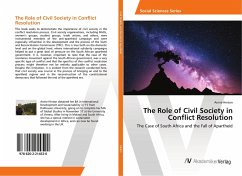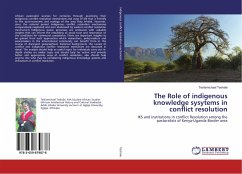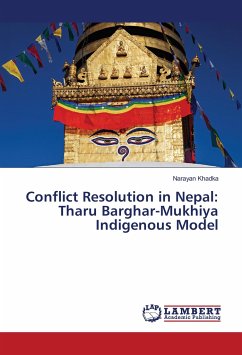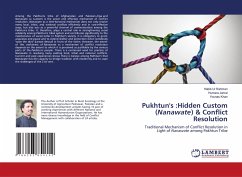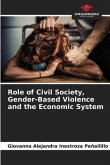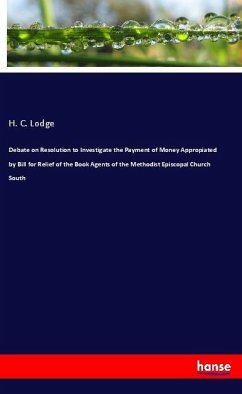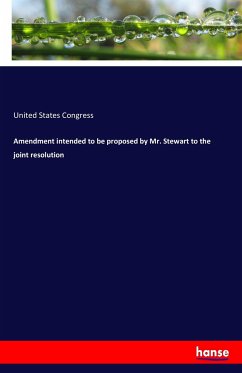This book seeks to demonstrate the importance of civil society in the conflict resolution process. Civil society organisations, including NGOs, women's groups, student groups, trade unions, and others, were instrumental members of the anti-apartheid campaign and were especially influential in the development and the process of the Truth and Reconciliation Commission (TRC). This is true both on the domestic level and on the global level, where international solidarity campaigns helped to put a great deal of pressure on the South African apartheid government. It is, however, important to note that the case of the resistance movement against the South African government, was a very specific type of conflict and that the specifics of this conflict resolution process might therefore not be entirely applicable to other cases. Despite this limitation, it is evident from the research conducted here, that civil society was crucial in the process of bringing an end to the apartheid regime and in the reconstruction of the constitutional democracy that followed the end of the apartheid era.
Bitte wählen Sie Ihr Anliegen aus.
Rechnungen
Retourenschein anfordern
Bestellstatus
Storno

